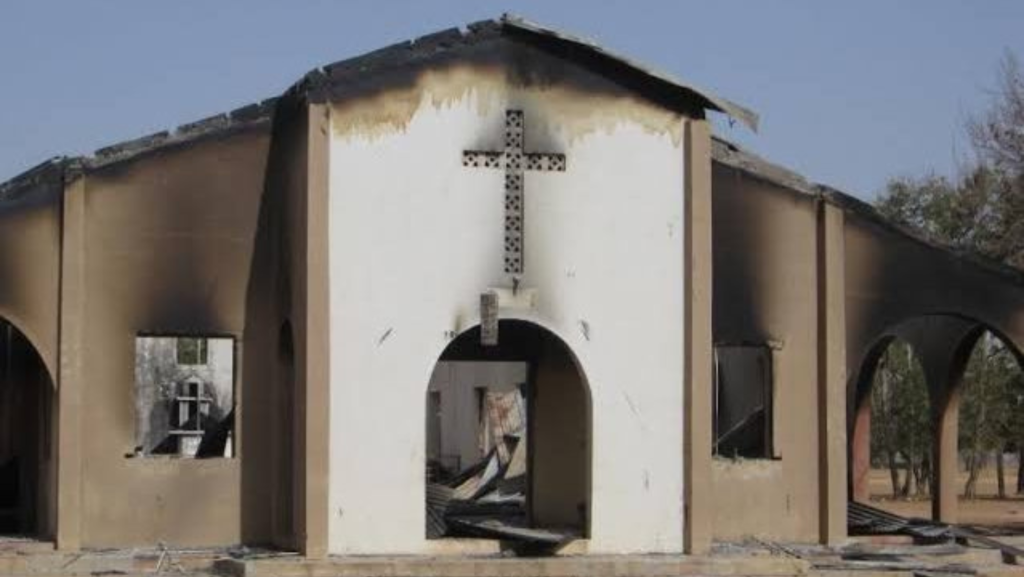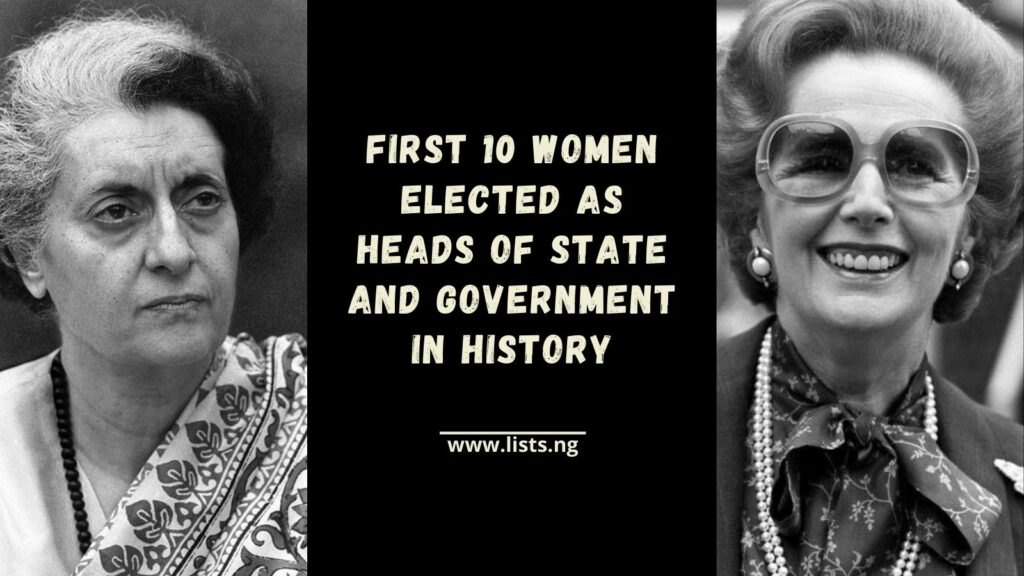The conversation around the so-called Christian genocide has become louder in recent months. For some, it’s a painful reality backed by years of bloodshed and silence. For others, it’s a misunderstood label that overshadows Nigeria’s wider security crisis. Somewhere in between lies a truth that’s hard to define but impossible to ignore.
Recently, Ted Cruz, a senator in the United States publicly stated that “since 2009, over 50,000 Christians in Nigeria have been massacred and over 20,000 churches and Christian schools have been destroyed”. He attributes these deaths to the actions and policies of specific Nigerian federal and state officials, arguing that “the atrocities are directly linked to the policies of Nigerian federal and state officials.
This has been the perspective of so many other Christian leaders and the narrative is spreading faster than wildfire
So let’s talk about it in today.
1. Testimonies of Persecution
Many Christian leaders report targeted attacks like church burnings, kidnappings, and killings especially in Nigeria’s North and Middle Belt. They believe these patterns reveal organized persecution against Christians. While another party believes that the attacks are part of border instability that affects both Christian and Muslims, not a deliberate effort to wipe out one faith.
2. The Genocide Debate
Others say calling it “genocide” oversimplifies a complex crisis. They point to terrorism, land disputes, and ethnic tensions that affect both Christians and Muslims. But another party suggests that legally, that’s not enough proof of intent to classify it is genocide under the law.

3. Government Response
The government denies any Christian genocide, arguing that insecurity cuts across all groups. Critics, however, accuse authorities of inaction and poor protection for vulnerable communities. However, officials insist the crisis is national, not religious.
4. Media and Global Attention
International coverage has amplified the issue but many reports lack context. The framing of ‘religious or political’ often shapes how the world interprets Nigeria’s violence. Others warn that selective reporting and exaggerated number can mislead and strain interfaith relations.
5. Interfaith Reactions
Christian and Muslim organizations clash over the narrative. Some fear that labeling it genocide fuels division instead of promoting peace and reconciliation.While Muslims strongly argue it is unfair to portray islam as violent
6. What’s Really at Stake
Beyond terminology, lives are being lost. Whether or not it meets the legal definition of genocide, Nigeria faces a moral test: to uphold truth, justice and unity. Some caution that focusing on religion risks ignoring the economic, ethnic and governance issues fueling the violence.
Final Thoughts
At the heart of this controversy are real people, families grieving, communities displaced and faiths shaken. Titles and terms matter, but compassion matters more. Until every Nigerian can live without fear, the conversation isn’t over.
Follow Lists NG on Facebook, Instagram, X, and TikTok for more.



